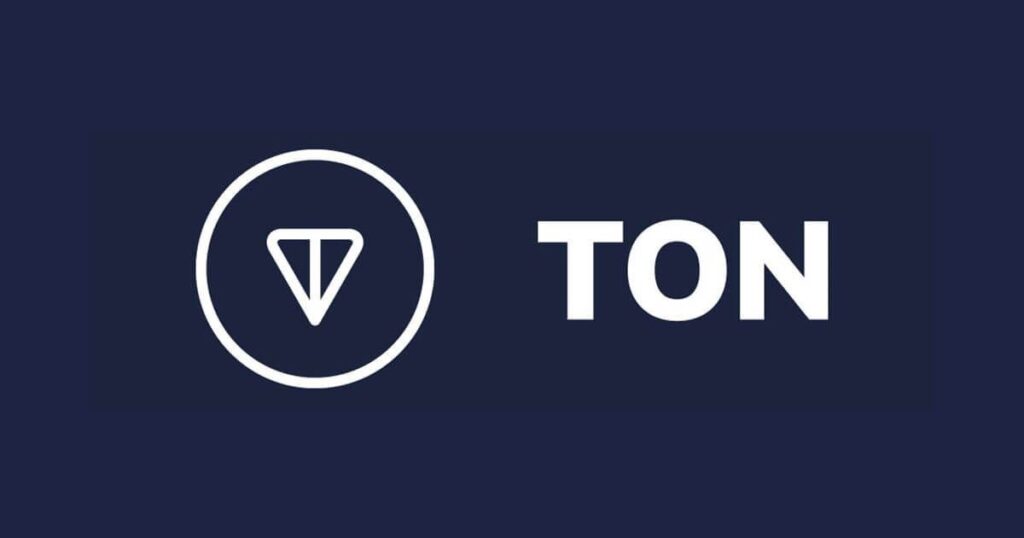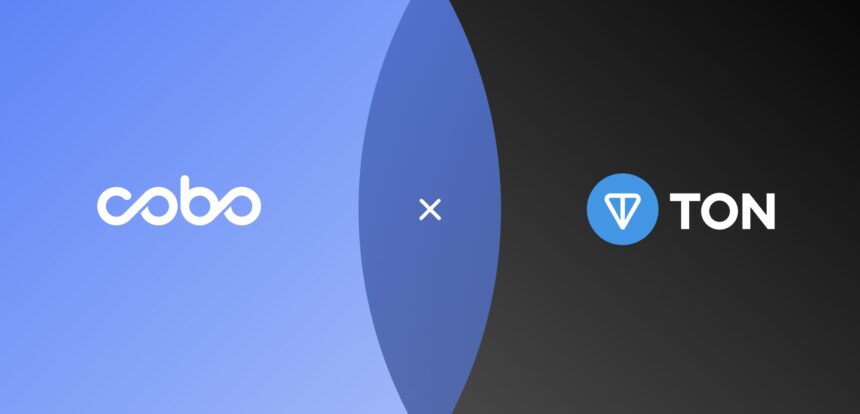Cobo, a digital asset custody and wallet provider, has integrated The Open Network (TON) into its services, enhancing its custody solutions with support for TON’s native tokens Toncoin (TON) and Notcoin (NOT), along with stablecoins like Tether (USDT). According to reports, this initiative is part of a larger wave of Web3 support for TON’s blockchain, which also powers Telegram’s new advertising platform. It aims to enhance the security and flexibility of digital asset management for institutional clients and expand Cobo’s offerings.
The integration, however, poses technical challenges due to TON’s multichain architecture and sharding technology. Despite these challenges, the partnership gained strategic importance following Toncoin’s approval by Kazakhstan’s Financial Services and Regulatory Committee (AFSA), placing it on a government-approved list of cryptocurrencies. Meanwhile, the TON ecosystem has seen a rise in phishing attacks, an issue highlighted by SlowMist’s founder Yu Xian, particularly affecting users with anonymous numbers on Telegram’s platform.
Enhanced Security with TON Blockchain Integration
The TON blockchain is renowned for its rapid transaction capabilities and sophisticated security measures, providing a solid foundation now incorporated into Cobo’s asset custody infrastructure. With TON’s technology, Cobo ensures that its services remain cutting-edge in security technology—a vital feature for institutional clients managing substantial digital asset volumes, such as Bitcoin (BTC) and Ethereum (ETH). This integration not only fortifies Cobo’s security infrastructure but also bolsters the trust and reliability clients have in their digital asset custodian.
Cobo’s selection of the TON blockchain reflects a broader trend among financial institutions to utilize newer, dynamic blockchain networks beyond established players like BTC and ETH. This adoption broadens the technological base of digital asset custody and ensures adaptability to blockchain technology’s rapid advancements.
The integration was initiated to tackle specific security challenges increasingly common in the digital assets domain. With cyber threats growing in sophistication, TON’s unique security protocols add an extra security layer. Additionally, the blockchain’s flexibility facilitates ongoing updates and improvements, which are crucial for upholding security standards and thwarting potential cyber threats.

TON Blockchain Integration: Operational Flexibility for Institutional Clients
Apart from security enhancements, incorporating the TON blockchain into Cobo’s digital asset custody solutions provides unmatched operational flexibility. Institutional clients managing diverse asset portfolios need adaptable solutions capable of handling various transaction types and volumes securely and efficiently. The TON blockchain’s ability to manage high transaction throughputs makes it suitable for such demanding scenarios.
This integration also enables Cobo’s clients to conduct transactions with mainstream cryptocurrencies like BTC and ETH, and newer digital assets gain relevance in the market. This capability allows institutional clients to broaden their investment portfolios while maintaining a unified custodial relationship, streamlining digital asset management.
The move towards integrating multiple blockchains into a single custodial service is becoming standard in the crypto custody sector. This strategy enhances security, operational efficiency, and positions Cobo as a market leader in an increasingly competitive and diversified field.
TON Blockchain Integration: Future Outlook and Industry Implications
The integration of the TON blockchain into Cobo’s custody solutions is set to redefine standards for security and flexibility in digital asset custody. This development arrives as institutional interest in cryptocurrencies and blockchain technology surges, as reflected in recent crypto news updates. The market is experiencing a growing demand for secure and flexible custody solutions, spurred by the broader adoption of digital assets across various financial activities.
In summary, Cobo’s integration of the TON blockchain epitomizes a progressive approach to digital asset custody, merging advanced security with operational flexibility. This initiative not only enhances Cobo’s value proposition to its institutional clients but also reinforces the broader blockchain and cryptocurrency ecosystem. As the digital asset landscape evolves, such integrations will be crucial in shaping the future of asset custody and management, ensuring they meet the sophisticated demands of contemporary financial markets.
For more of this reporting, stay tuned with The BIT Journal—your top source for the latest crypto news and updates.





























